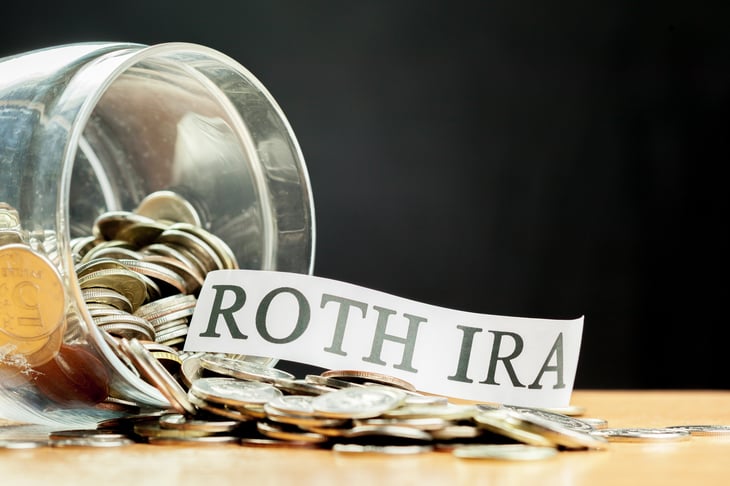
For many people, leaving an inheritance is an opportunity to provide loved ones with a final parting gift. But not all inherited assets are created equal.
“If I’m inheriting something, I want something with no strings attached,” says Mallon FitzPatrick, head of wealth planning and managing director at wealth management firm Robertson Stephens in San Francisco.
The best assets to inherit are those that can be easily liquidated, have minimal tax implications and avoid what can be a costly probate process. Here are some top examples.
1. Cash

From an heir’s perspective, almost nothing could be better to inherit than cash. It is not considered taxable income by the IRS, and it can be used immediately for whatever you’d like.
“It’s easy; it’s flexible; what you see is what you get,” FitzPatrick tells Money Talks News.
Cash assets kept in a bank account can also bypass probate court so long as there is a transfer-on-death designation or similar provision in place. In that case, an heir can usually claim the money by providing a death certificate and proper identification.
2. Life insurance benefits

The death benefit from a life insurance policy is almost as good as cash in the bank. This money also isn’t taxable and can be easily claimed by providing a death certificate and filling out some simple paperwork.
However, if the owner of the life insurance policy did not name a beneficiary, then the process becomes more complicated. In that case, it generally falls to a probate court to determine who receives the benefit.
3. Roth IRA

IRAs are retirement accounts that come in two flavors: traditional and Roth.
“Roths can be a very good asset to inherit,” says Nick Hughes, a wealth adviser with Visionary Horizons Wealth Management in Chattanooga, Tennessee.
That’s because while the money in a traditional IRA is subject to income tax, that isn’t the case with Roth accounts. Since contributions to a Roth IRA have already been taxed, withdrawals can be made tax-free.
What’s more, in most cases, people must withdraw all money from an inherited IRA within 10 years, but there is no requirement to take out money earlier than that. “You could just leave it growing tax-free for 10 years and then take it all out,” Hughes tells Money Talks News.
4. Non-qualified investments

Non-qualified investments — that is, investments that don’t offer any tax benefits — are another good asset to inherit, according to Hughes.
When an investment is sold, it is subject to a capital gains tax. The gain is the difference between the amount someone paid to purchase a stock, for instance, and the amount they sold it for. If a person were to buy $100 worth of stock and sell it for $1,000, the taxable gain would be $900.
However, if someone inherits that stock, they benefit from what is known as a step-up in basis. That means, for tax purposes, the IRS adjusts the base value of the stock to its price at the time it is transferred. So if you inherit that $1,000 stock and sell it immediately, the taxable gain would be $0 instead of $900.
5. Real estate

Like stocks, real estate benefits from a step-up in basis after a person’s death. That makes it a good asset to inherit if you want to minimize taxes.
“The problem is that real estate is not liquid,” FitzPatrick says.
In other words, while real estate can be a valuable asset, it might take some work to sell a property and turn it into cash you can use for other purposes.
6. Anything in a trust

Trusts are created by people to hold their assets. Then, those assets can bypass probate court and be distributed after death according to the person’s wishes.
“Real estate can be a really good asset to inherit, especially if it’s passed through a trust,” Hughes says.
Not only are assets in a trust exempt from probate court proceedings, but a trust can provide protection against money being diverted to creditors or a spouse during a divorce. The one downside to inheriting assets in a trust is that they may come with certain provisions, such as that money can only be accessed once an heir reaches a specific age.
